2017 marks the 10-year commemoration of the principal iPhone, so we’ll celebrate by taking a look at the different iPhone models released since 2007. Did you realize that there isn’t an iPhone 2? Apple made the original iPhone and the one that came after that was named 3G, so there wasn’t any model named 2. The Cupertino Company has released ten iPhones throughout the years, including iPhone S and iPhone C increments. In this post, we will show you the evolution of the iPhone from 2007 to 2017.
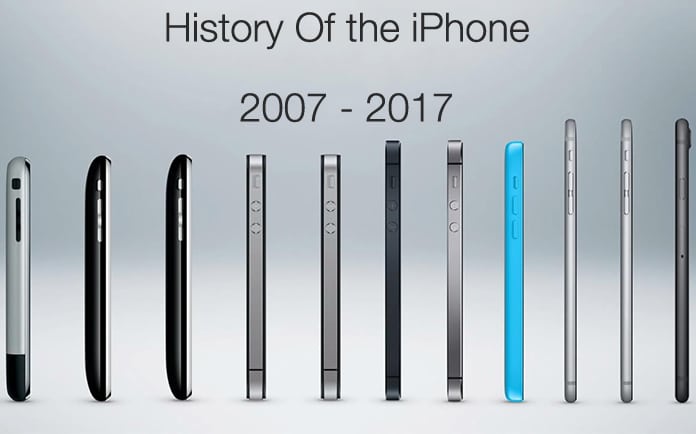
The Evolution of the iPhone from 2017-2017
Here is a detailed look at iPhone advancement over the years, beginning from the point when Steve Jobs divulged the first iPhone on June 29, 2007.
iPhone: June 29, 2007
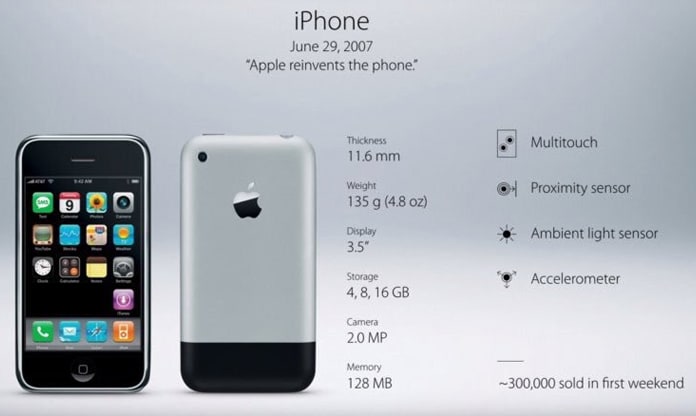
16 GB is the storage space you go on the first iPhone. There wasn’t so much information to put on the iPhone yet and unquestionably no App Store. Be that as it may, you could access the internet on a screen you could really observe it on. The camera was just 2.0 megapixels. Compare that to the iPhone cameras of today!
iPhone 3G: July 11, 2008
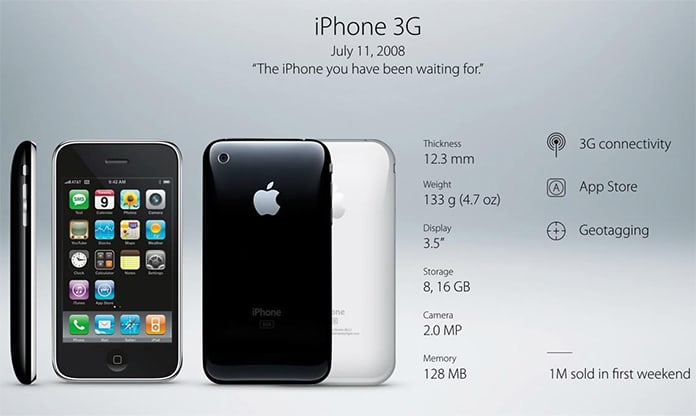
As far as the internal specs go, the iPhone 3G wasn’t very different than the first iPhone. But the App Store came along! This iPhone got its moniker for its 3G availability, which implied you could access the web with the use of mobile data as well. People liked this evolution of the iPhone.
iPhone 3GS: June 19, 2009
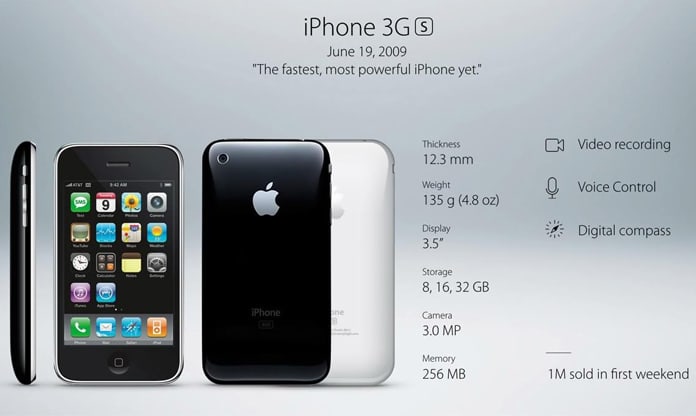
Apple presented 32 GB storage iPhone 3GS. Between photographs, music, and applications, 16 GB simply wouldn’t cut it. The camera was upgraded to 3 megapixels and included video recording. Apple additionally included Voice Control.
iPhone 4: June 24, 2010
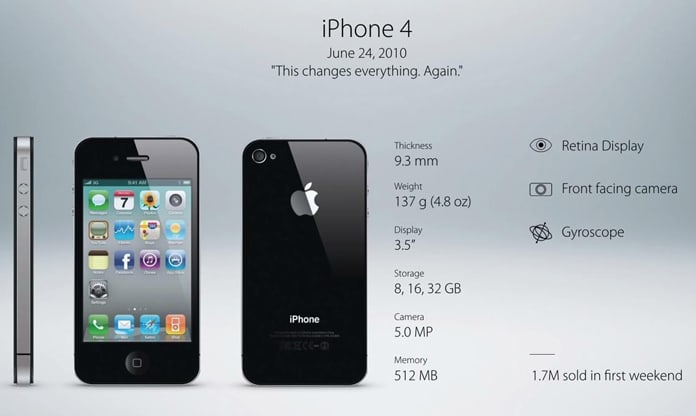
The iPhone 4 was the main iPhone to have a forward looking camera. Apple perhaps didn’t know that selfies would become a worldwide trend. The iPhone 4 also came with a Retina display. A 32 GB variant was released for users who demanded more storage.
iPhone 4S: October 14, 2011
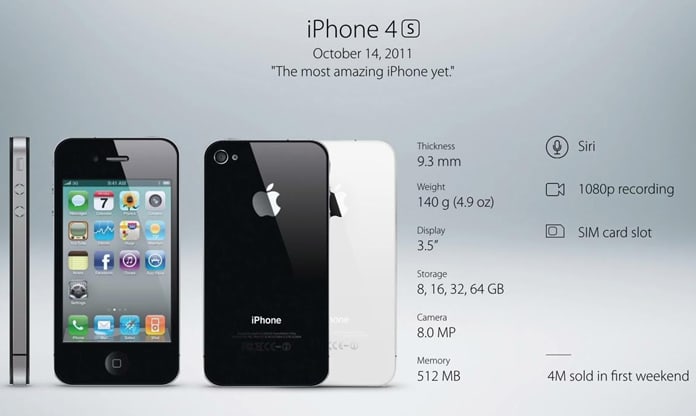
iPhone 4S was a big contrast from the iPhone 4. The camera went up to 8 megapixels. Now that is an overhaul. The 64 GB storage variant was released for consumers, while the memory capacity remained at 512 MB. A video could be recorded in 1080p. Apple sold 4 million units of the iPhone 4S in the first week.
iPhone 5: September 21, 2012
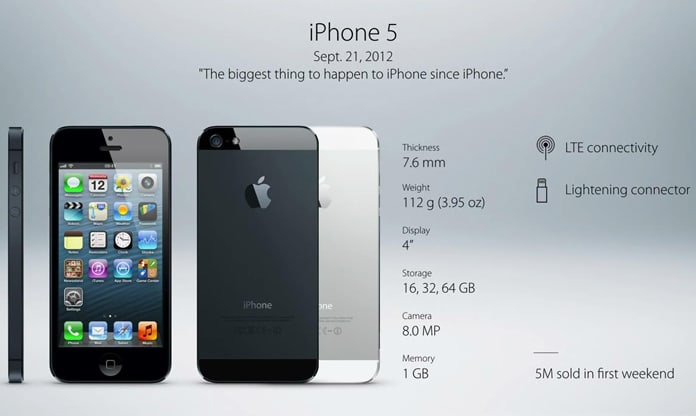
Apple sold 5 million units of the iPhone 5 in its first week. The camera remained the same yet memory was extended up to 1 GB. LTE availability was seeded in iPhone 5. Another big change was the introduction of the lightning connector. iPhone 5 users received the handset with a 4-inch screen, which was the first revamp of the iPhone’s display in Apple’s history.
iPhone 5s and iPhone 5c: September 20, 2013
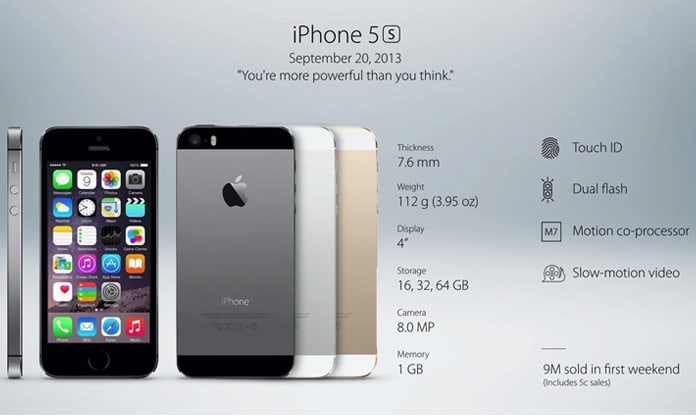
Between the iPhone 5S and the iPhone 5C, Apple sold nine million units in just 7 days. The iPhone 5C was intended to be somewhat more affordable than other handsets and had a plastic shell. It was accessible in four distinct hues, yet not all that much else was extraordinary.
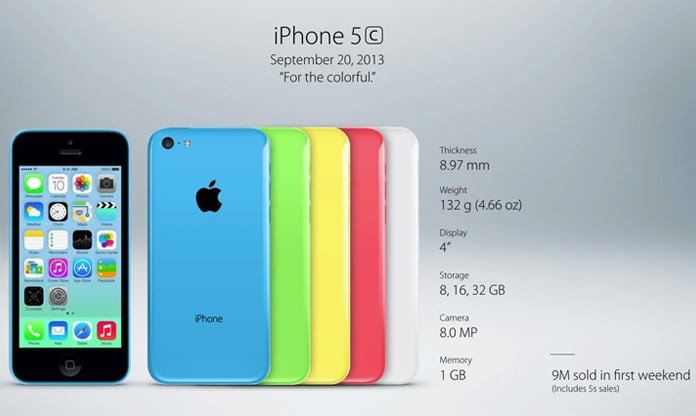
The evolution of iPhone didn’t take off that well. The iPhone 5s, on the other hand, presented Touch ID, double blaze, and moderate movement video. Besides these features, it incorporated the M7 movement coprocessor which opened another domain of conceivable outcomes and helped spare battery life.
iPhone 6 and 6 Plus: September 19, 2014
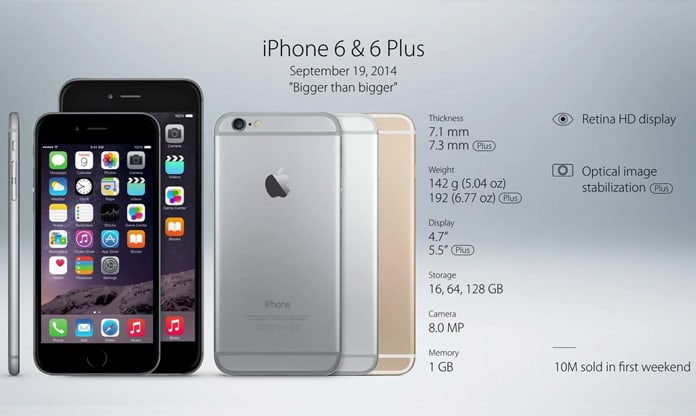
What I understood while doing research for this post is that Apple tends to make bigger jumps between the first model and the S release than it does from the S version to another model. The iPhone 6’s interior specs were fundamentally the same as those of the iPhone 5s. The greatest distinction was having a fundamentally bigger screen and offering a significantly bigger size called 6 Plus. The Retina show progressed toward becoming HD and the choice to get an iPhone with 128 GB of capacity was notable. In any case, the measure of memory was the same and the camera didn’t see a megapixel rise. Be that as it may, it didn’t make a difference — Apple sold 10 million units in the first week of release.
iPhone 6s and 6s Plus: September 19, 2015
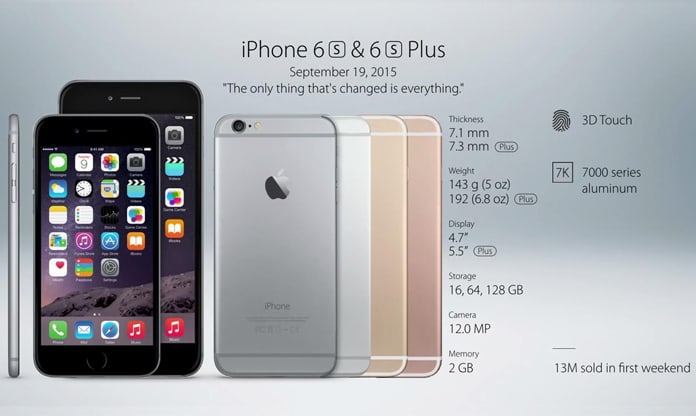
Apple overhauled the iPhone 6s by a considerable amount. The camera made a colossal jump forward going from 8 MP to 12MP. The memory increased from 1 GB or 2 GB. 3D touch was also presented to iPhone users.
iPhone SE: March 31, 2016
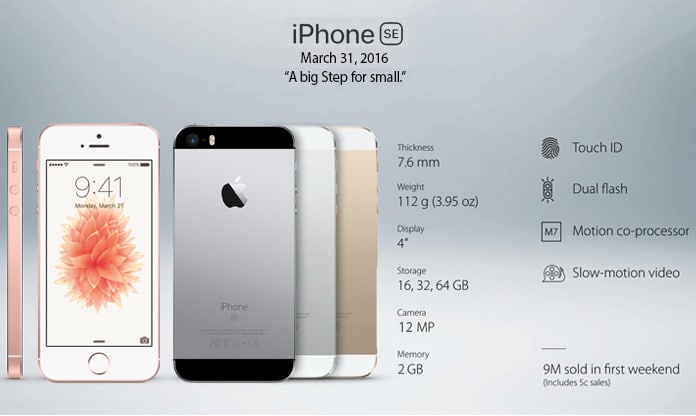
Try not to think I’ve overlooked the iPhone SE. It has all the great inner specs of the iPhone 6s but comes without 3D touch. The iPhone SE was presented as a more moderate alternative that found it hard to get in the good books of consumers.
iPhone 7 and 7 Plus, September 16, 2016
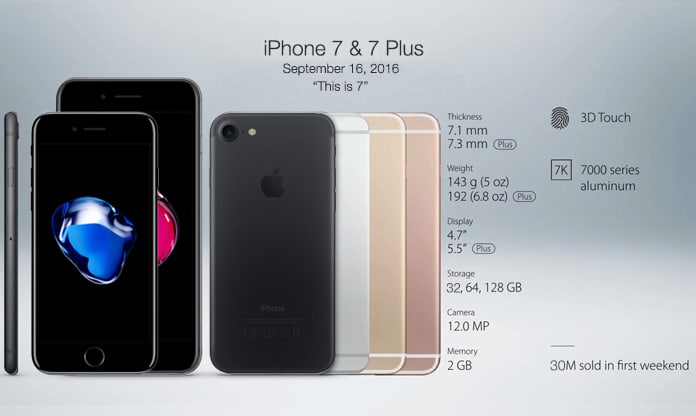
Apple, at last, dropped the 16 GB base model alternative, with iPhone 7 and iPhone 7 Plus base models beginning at 32 GB of capacity and going up to 256 GB. Apple additionally presented another color – Jet Black.
The iPhone 7 Plus ended up being more prevalent than past Plus models because of its new double camera, which made a fundamentally enhanced zoom highlight conceivable, and Portrait mode, and a software refresh that enables iPhone 7 Plus clients to take great photographs utilizing Depth of Field. Maybe the most disputable component of the iPhone 7 and 7 Plus was the one Apple expelled: the earphone jack. The new iPhones were dispatched with Ear Pods that connected to the Lightning port and a connector for conventional earphones.
Apple presented its wireless AirPods at a different occasion.
That marks the evolution of the iPhone to this date.
2017 imprints the tenth commemoration of the iPhone. iPhone 8 is now expected to come out.
Its rumors cover everything from remote charging to edge-to-edge screen. Whatever bits of gossip turn out to be valid, everybody anticipates that Apple will ensure the iPhone of the tenth commemoration year is especially epic and noteworthy.
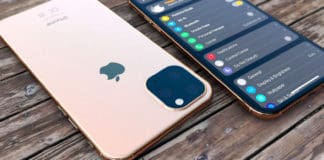
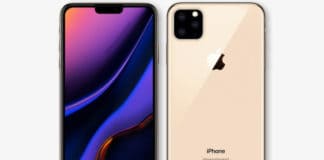
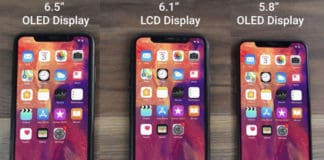







![30 Best Cydia Repo Sources For iOS 16/15/14 Jailbreak [2024] best cydia sources 2020](https://cdn.unlockboot.com/wp-content/uploads/2020/06/cydia-sources-13-100x70.jpg)